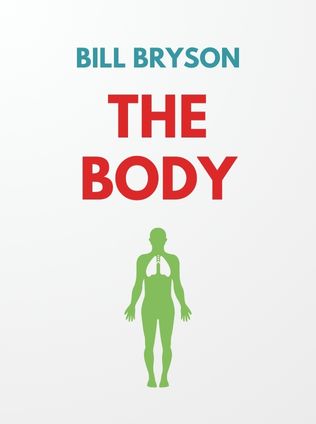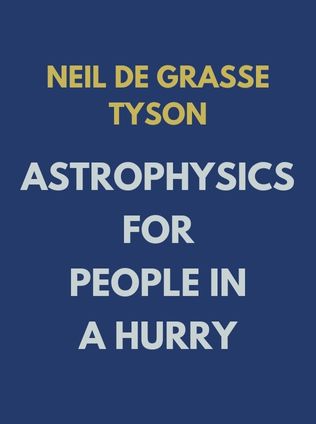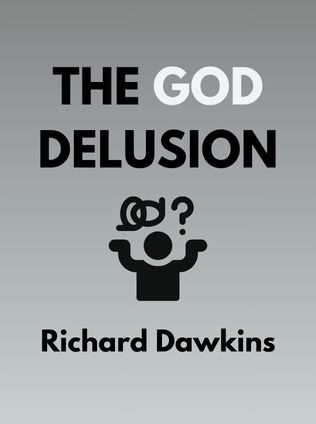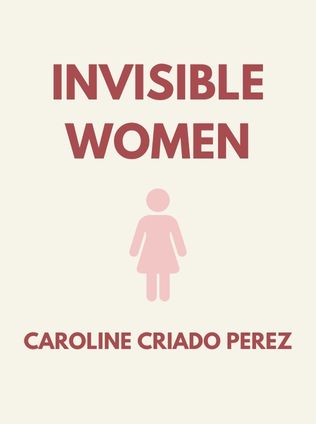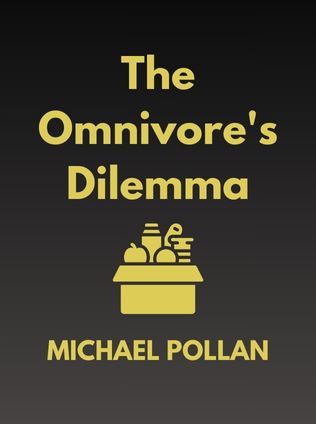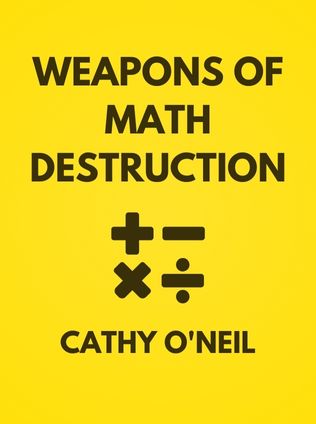
Weapons of Math Destruction
How Big Data Increases Inequality and Threatens Democracy
By Cathy O'Neil
Published 09/2016
About the Author
Cathy O’Neil, a data scientist with a Ph.D. in mathematics from Harvard, has had a diverse and illustrious career. She has worked in academia, finance, and the tech industry, giving her a broad perspective on the real-world applications of mathematical models. O’Neil transitioned from working at a hedge fund to becoming a writer and activist, using her expertise to raise awareness about the ethical implications of big data and algorithmic decision-making. Her groundbreaking book, Weapons of Math Destruction, has been instrumental in sparking conversations about the dark side of big data and the ways in which it perpetuates inequality and injustice.
Main Idea
The central thesis of Weapons of Math Destruction is that mathematical models, when used irresponsibly, can cause significant harm to individuals and society at large. O'Neil introduces the concept of "Weapons of Math Destruction" (WMDs) to describe these dangerous models. These WMDs are often opaque, unregulated, and deployed on a massive scale, leading to decisions that reinforce existing inequalities and create new forms of discrimination.
O'Neil argues that while mathematical models can be powerful tools for decision-making, they become dangerous when their operations are hidden from public scrutiny, when they fail to incorporate feedback, and when they are used in contexts that affect people's lives in significant ways. The book provides numerous examples of how WMDs are used in areas such as finance, education, employment, and criminal justice, where they often exacerbate social injustices rather than alleviate them.
Table of Contents
- Introduction: The Era of the Algorithm
- What Is a WMD?
- Crime and Punishment: Policing and Risk Assessment
- Justice in the Age of Big Data: From Education to Employment
- Propaganda Machine: Big Data in Marketing and Media
- The Feedback Loop: How WMDs Reinforce Inequality
- The Ethics of Mathematical Models
- Defusing WMDs: Solutions for a Fairer Future
Introduction: The Era of the Algorithm
We live in an age where algorithms govern almost every aspect of our lives. From determining credit scores to deciding who gets a job interview, these algorithms are pervasive, powerful, and often invisible. O'Neil sets the stage by explaining how algorithms have become the backbone of decision-making processes in various sectors. However, as she warns, "The models are opaque, unregulated, and uncontestable, creating a situation where the disadvantaged become further disadvantaged." (O'Neil)
What Is a WMD?
A WMD, as defined by O'Neil, is a mathematical model that has the following characteristics:
Sign up for FREE and get access to 1,400+ books summaries.
You May Also Like
Rich Dad Poor Dad
What the Rich Teach Their Kids About Money - That the Poor and Middle Class Do Not!
By Robert T. KiyosakiFreakonomics
A Rogue Economist Explores the Hidden Side of Everything
By Steven D. Levitt and Stephen J. DubnerFactfulness
Ten Reasons We're Wrong About the World – and Why Things Are Better Than You Think
By Hans Rosling












